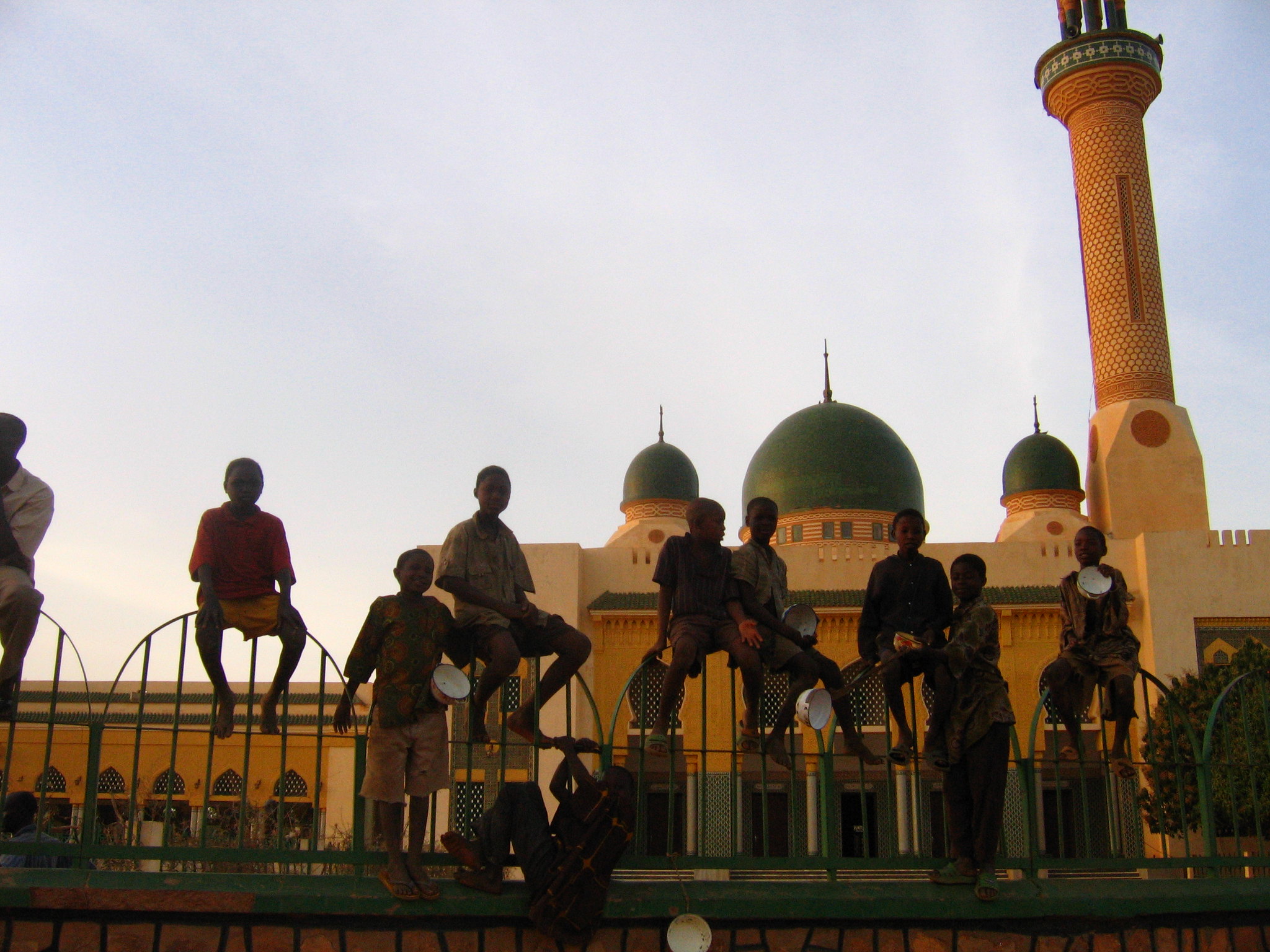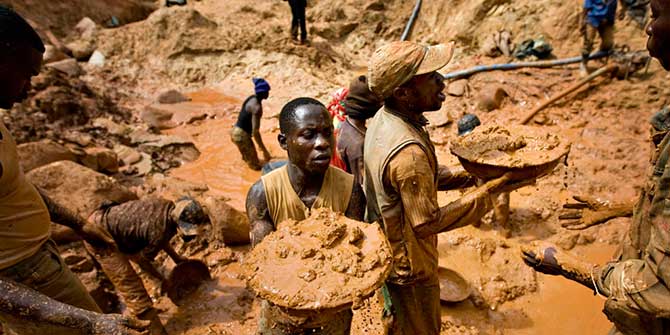In this post, LSE’s Maddalena Procopio puts forward the African view on the flow of Chinese cash into the continent.
The immense flow of literature on the China-Africa discourse, mainly promoted by Western and Chinese media, has shaped conventional views about the scope and role of the Chinese presence in Africa.
The West tends to view this development with scepticism and wariness[1], while the Chinese perspective, observed in official Chinese sources, is often characterised by unbounded optimism.
Between these extremes, and often unexplored within the existing literature, is the African view which is far more varied and complex. China may represent an “enormous opportunity, but the challenge for Africa is how she will manage it, how Africa will play to her own strengths, minimise her weaknesses, discover areas of synergy and opportunity, and exploit her vulnerability”[2].
The way African states and people alike are taking action for the creation of their economic, political and cultural agendas will set the limits within which the Chinese can act: allow the Chinese presence to follow either deep structural constraints that have historically shaped African interactions with the outside world, or rather let them represent an entirely new phenomenon with potentially transformative implications for Africa.
Moral values, typically entrenched in Western development programmes, are set aside in China’s foreign policy and no cultural judgement is passed on to sovereign states and their domestic policies.
“Evolving Western notions of liberal internationalism – particularly ideas like political conditionality on development aid and the ‘responsibility to protect’- have no place in this framework”[3].
The claim that universal human values should be spread within domestic borders as well as outside is merely considered by the Chinese as a Western attempt to “redefine as ‘universal’ what is distinctly the product of a particular culture, and (declining) power base”[4].
Trade and markets are rather seen as the foundation of increasing co-operation[5]. “The Washington Consensus presumes that marketisation will lead to democratisation. By contrast, the Beijing Consensus avoids the rule making and, at least in theory, the imposition of rigid standards of political or economic conduct on China’s partners.
It is guided by a proclaimed non-interference in the affairs of other state-centred development, and removal of conditionality from trade, aid, and investment policies”[6].
This hands-off approach by China has been well received by a great share of African leaders, from most liberal countries such as South Africa, to more oppressive ones such as Zimbabwe.
China’s approach “has imbibed the basic principles of public relations and comes with ‘solutions’, a message of respect and partnership, and a general deployment of ‘soft power’”[7].
However what is also increasingly emerging, among the most liberalised elites in Africa, is the need to defend the “rights discourse” before the Chinese. Beijing is, more and more, finding itself “at odds with an emerging consensus on the necessity of good governance within Africa itself.
The voices arguing for improvements in accountability, transparency and democracy were not just civil society activists but some of the top leaders of the continent”[8]. The opening speech of the Kenyan vice-President, Kalonzo Musyoka, to the China-Africa NGO forum held in Nairobi in August 2011[9] is the most recent example.

This may show that what has been seen as a Western imposition for decades – human rights as well as socio-political and economic freedoms – has become a significant aspect of the African socio-political and economic discourse.
The importance of accountability and transparency seems to be increasingly stressed by African leaders during bilateral and multilateral meetings. Such emphasis may well be seen as an attempt to warn China that although accountability and transparency are not main priorities for China’s domestic policies, they have become so for Africans’.
In countries where there is a reasonable degree of freedom to associate and enter the public discourse, the pressure of civil society on governments concerning the nation’s relationship with China, has represented a significant challenge for state authorities, pushing leaders to set boundaries in their engagement with China.
This may still be in the early stages and implementation may still be difficult and flawed, but what matters the most is that Africans, confronted by lack of conditionalities, may have found new confidence in expressing their views.
This reinforces the belief that socio-political and economic rights and freedoms have become entrenched in contemporary African cultures, and can co-exist, without being in contrast, with the economic development China is helping to unfold.
This, in turn, is something in which China has shown flexibility, because what seems to matter to China, apart from the only conditionality imposed on partners regarding the acceptance of the One China Policy (i.e. politically recognising the People’s Republic of China rather than the Republic of China – Taiwan), is avoiding anti-Chinese movements and sentiments that would undermine the possibilities for fruitful economic development and co-operation.
Should this pattern manage to emerge with more strength in the coming years, we may witness a further step in the evolution of governmental and societal relationships in Africa, one characterised by a more confident and aware “African way” of carrying out international relations.
[1] S.T. Freeman, China, Africa and the African Diaspora: Perspectives, AASBEA, November, 2009
[2] O. Wambu. “Africa’s Chinese Challenge.” http://www.opendemocracy.net.
[3] N. Barma, E. Ratner & S. Weber, ‘A World Without the West’, The National Interest, Number 90, July/August 2007, p. 27
[4] Ibidem
[5] Ibidem, p. 28
[6] M. Gurtov, ‘Changing Perspectives and Policies’, in L. Dittmer and G. T. Yu (eds), China, the Developing World, and the New Global Dynamic, Lynne Rienner Publishers, Boulder, 2010, p. 21
[7] A. Gaye, ‘China in Africa: After the Gun and the Bible…A West African Perspective’ in Alden, Large & Soares de Oliveira (eds), China Returns to Africa. A Rising Power and a Continent Embrace, Hurst & Company, London, 2008, p.137
[8] C. Alden, D. Large & R. Soares de Oliveira, ‘Introduction’, in Alden, Large & Soares de Oliveira (eds.), op. cit., p.21
[9] K. Musyoka, (2011). H.E. Kalonzo Musyoka opens SINO – Africa Conference in Nairobi [Video] Retrieved December 2011, from http://www.youtube.com/watch?v=RUXzD4WfPzo





1 Comments